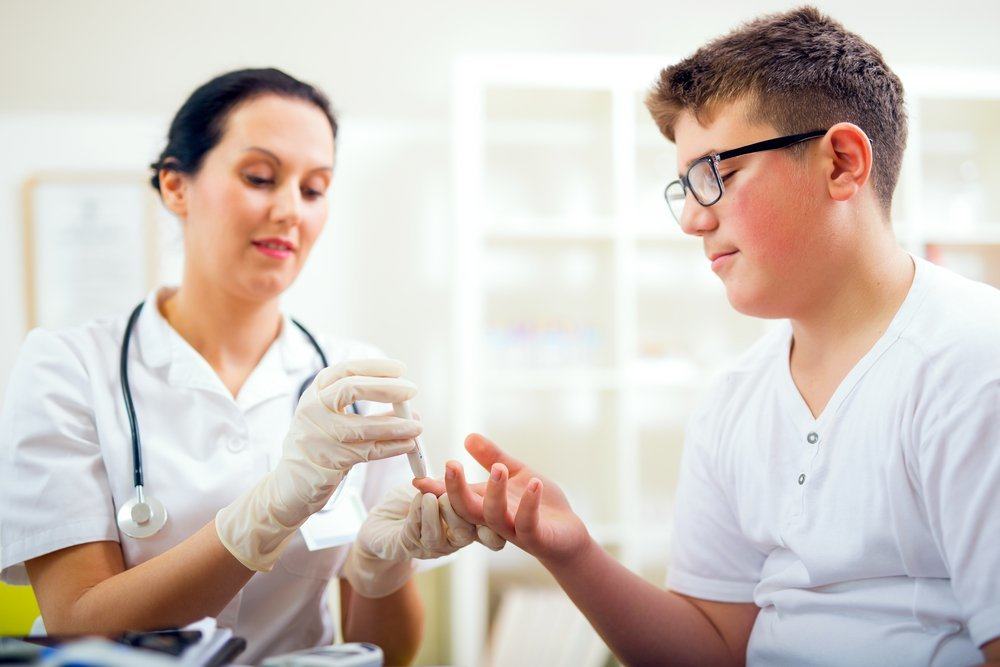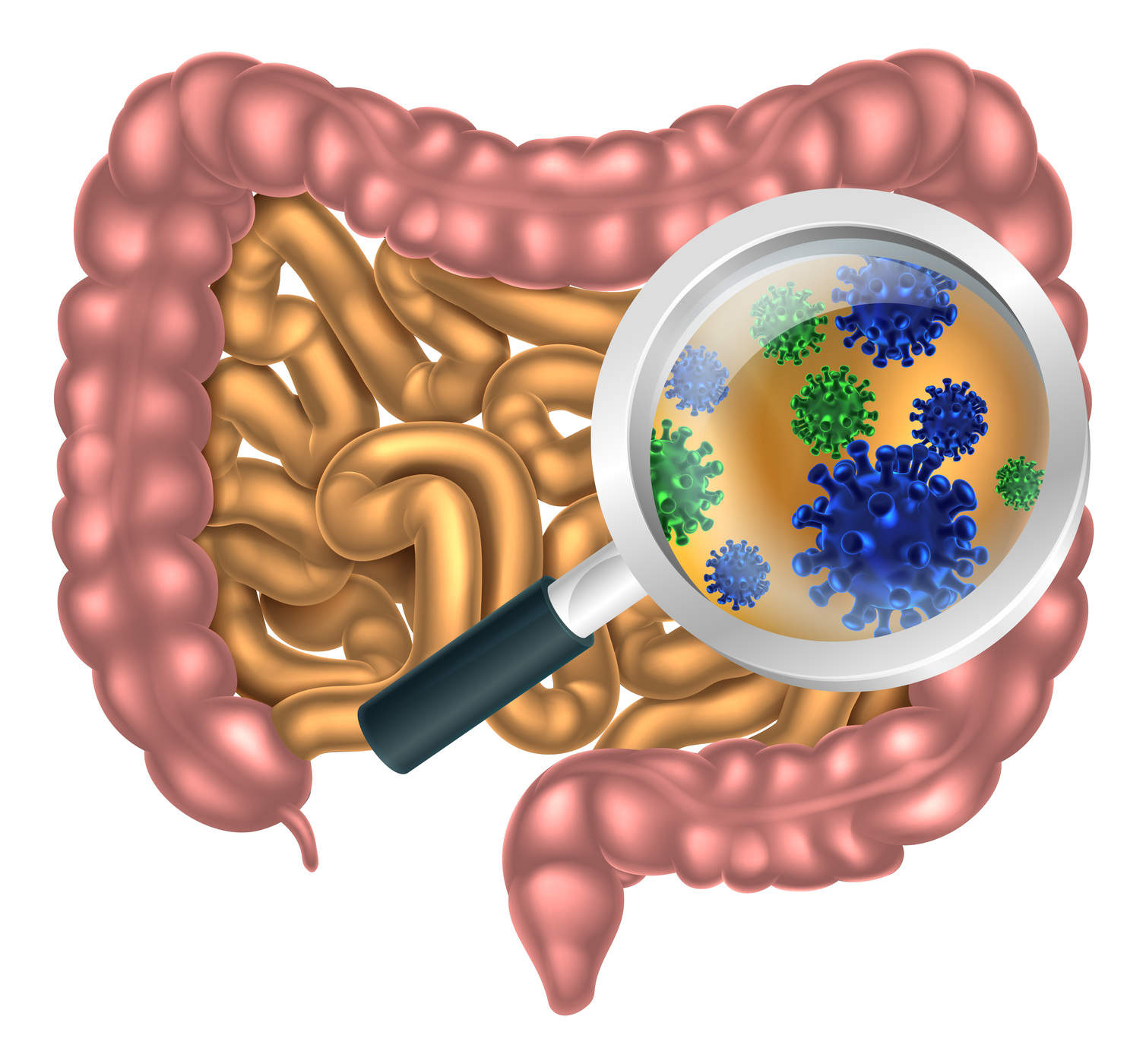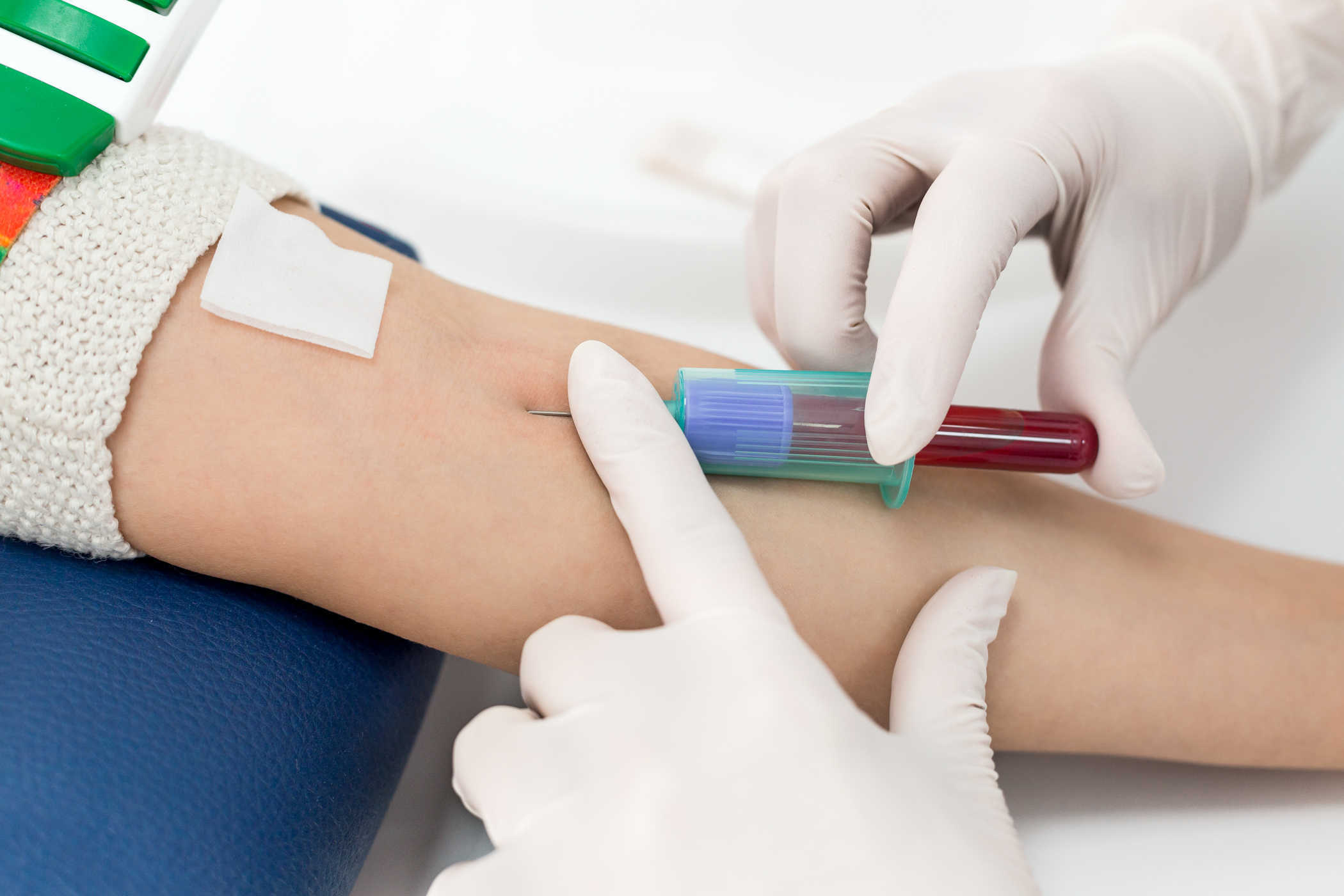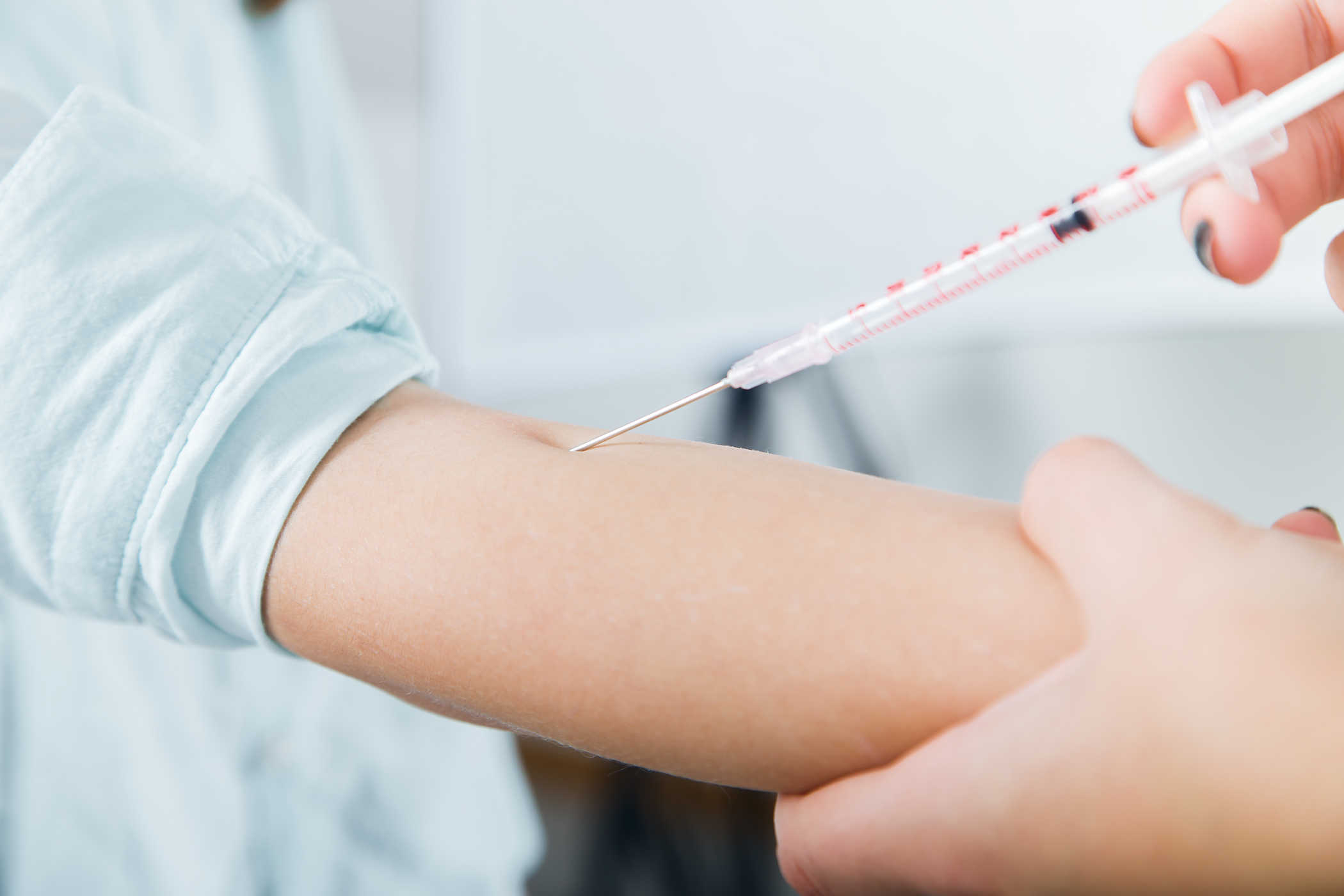Contents:
- Medical Video: 5 Things You Should Know About Sex and Yeast Infections
- What causes the appearance of fungal infections in the vagina?
- Various things that increase your risk of getting vaginal yeast infections
- 1. Take antibiotics
- 2. Is pregnant
- 3. Use contraception
- 4. Have uncontrolled diabetes
- 5. Weak immune system
- 6. Wear underwear that is too tight
- 7. Sex
- How to treat fungal infections in the vagina?
- How do you prevent vaginal yeast infections?
Medical Video: 5 Things You Should Know About Sex and Yeast Infections
Fungal infections of the vagina are infections that are very common in women. Most women have at least one or two times experienced fungal infections in their lives. Even though it's not serious, the symptoms can make you uncomfortable.
The good news, if you know what increases your risk, you might be able to prevent the infection from coming back later. Here's the full info.
What causes the appearance of fungal infections in the vagina?
The vagina is home to Lactobacillus acidophilus, a good bacterium responsible for producing acid to help balance the bacterial and other fungal populations that are also down there. The balance of this population can be disrupted by many things that cause infection.
Fungal infections of the vagina are generally caused by excessive growth of the Candida albicans fungus. The mushrooming of the growth of this fungus causes itchy vagina, feels hot, hurts when urinating or having sex, and remove smelly vaginal discharge.
Various things that increase your risk of getting vaginal yeast infections
The following are some things that can increase a woman's risk of developing vaginal fungal infections:
1. Take antibiotics
Antibiotics like penicillin, erythromycin, tetracycline, and amoxicillin, used to treat and prevent infection by killing and inhibiting bacterial growth. As a side effect, the antibiotic content can disrupt the natural pH of the vagina which is usually slightly acidic, by killing healthy bacteria. As a result, yeast growth increases and can cause fungal infections of the vagina.
2. Is pregnant
Higher estrogen levels during pregnancy make your vagina produce more glycogen, which then makes the fungus easier to thrive there. In addition to pregnant women, nursing mothers are also susceptible to Candida infections for the same reason.
3. Use contraception
Taking birth control pills or using an IUD to prevent pregnancy can increase your risk of vaginal yeast infections. Because the two methods of preventing pregnancy are "armed" by the addition of estrogen and progesterone hormones which can fertilize the fungal population in the vagina.
Even so, the latest version of several hormonal contraceptives that exist today no longer has the same effect. You can consult with an obstetrician to determine what hormonal contraception is best for you.
4. Have uncontrolled diabetes
If your diabetes is not controlled, your body's blood sugar levels can soar. This increase in sugar can cause excessive fungal growth in the vaginal area. Because the soft tissue in the vagina and your vaginal fluid contains a lot of glucose.
Mushrooms that live in the vagina live from this excess sugar, causing them to grow more fertile and become infected. In addition, hyperglycemia interferes with immune function which can help fight infection.
Therefore, it is very important keep blood sugar levels within normal limits. This also applies to women who don't have diabetes.
5. Weak immune system
The function of the immune system which is weakened or disrupted due to a certain condition can make the body tired to fight infection Some conditions that can cause a weakening of the immune system, for example HIV / AIDS, diabetes, are undergoing chemotherapy, have just recovered from receiving an organ transplant, or are hospitalized for certain reasons.
The use of steroid drugs to treat inflammation can also increase the risk of fungal infections in the vagina, because steroids work to suppress the immune system.
6. Wear underwear that is too tight
Wearing tight underwear made of synthetic fabrics that do not absorb sweat can increase the temperature and humidity below. A moist vagina is an ideal environment for fungi to breed.
We recommend that you choose cloth underwear that is made from cotton that absorbs sweat, and try not to linger in a wet swimsuit. Replace your damp clothes as soon as possible after you move. Reporting from Prevention, Taraneh Shirazian, MD from the department of Obstetrics and Gynecology at NYU Langone Medical Center, recommending women for at least twice a week sleep without underwear to let the skin breathe more freely.
7. Sex
Fungal infections of the vagina can occur after certain sexual activities, especially oral sex contacts with men who have oral thrush (canker sores in the mouth due to fungus) or vaginal sex with men who have fungal infection on his penis. Even so, fungal infections in the penis are more common in uncircumcised men.
Having sex with a healthy man who does not have any infection can also increase the risk of women getting vaginal yeast infections because vaginal penetration can change the pH level of the vagina so that the fungus can grow more fertile in there. That is why women are stressed always pee after sex.
How to treat fungal infections in the vagina?
If a fungal infection in your vagina is not caused by pregnancy, you can treat it yourself at home with drugs that you can buy without a prescription, such as by applying an antifungal cream (butoconazole, clotrimazole, miconazole, and terconazole) in problem areas or take antifungal tablets fluconazole to overcome symptoms from within.
If you are pregnant, don't use drugs to treat any Candida infection without talking to your doctor first.
How do you prevent vaginal yeast infections?
There is no sure way to prevent Candida infection. But certain actions can reduce your risk of developing vaginal yeast infections. One of the most basic and mandatory things is to maintain good vaginal hygiene. Mushrooms thrive in moist and warm areas, so as much as possible keep your vagina clean and dry.
Avoid washing the vagina with scented soap which can interfere with vaginal pH balance. Basically the vagina already has its own way to cleanse itself by keeping the pH level and bacterial colonies in balance. Therefore, you simply wash your vagina with lukewarm warm water one to two times a day.
To relieve symptoms of unpleasant odor, itching, vaginal discharge, or prevent infection in the vaginal area, you can use feminine cleaning products. Especially during menstruation, the time when the vagina is very susceptible to infection.
A good female antiseptic cleanser should contain active ingredients Povidone Iodine and absolutely no fragrance, perfume, or soap.












